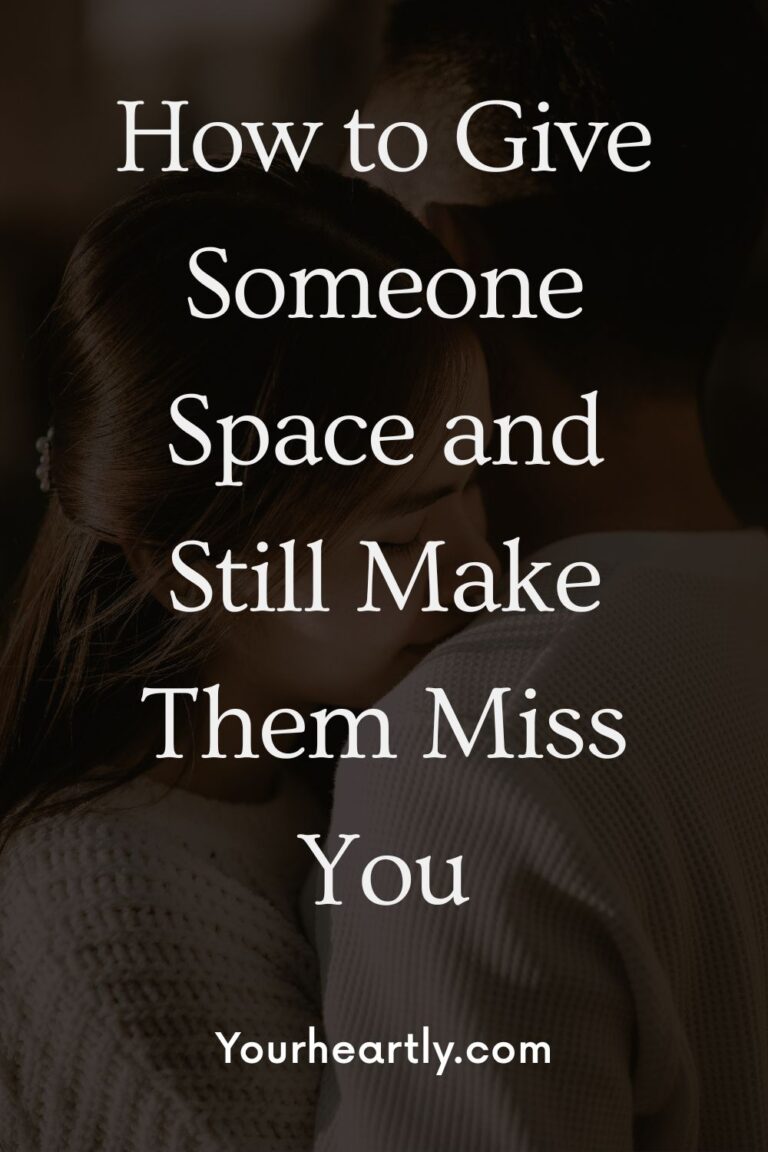You’ve probably heard it countless times — “Go to therapy; it’ll save your marriage.” And so you did. You sat across from a therapist, holding your partner’s hand (or maybe avoiding it), hoping that somehow, in that quiet office, the two of you would rediscover what you lost.
But weeks, or even months later, things still feel the same. You’re exhausted. You’re trying. Yet, therapy hasn’t brought you the peace or connection you imagined. And you’re not alone.
Many couples turn to therapy as a last resort, expecting it to magically fix years of hurt, miscommunication, and emotional distance. But therapy, by itself, isn’t a magic wand. It can help — yes — but it can’t rebuild a marriage if the foundation is already cracked and neither partner is truly ready to change.

Here’s the hard truth: therapy is a tool, not a solution. What matters more than the sessions themselves is what happens outside of them — the choices you make, the emotional maturity you bring, and the willingness to truly see your partner again.
In this article, you’ll discover why therapy often fails to fix broken marriages and what actually helps couples reconnect and rebuild trust. You’ll learn what’s missing from most therapy sessions, how to move beyond surface-level fixes, and what real emotional healing looks like.
Because your marriage doesn’t need another checklist of communication exercises. It needs real understanding, self-awareness, and effort — from both of you.
1. Why Therapy Alone Often Doesn’t Work
Therapy Can’t Fix What You Won’t Face
One of the biggest reasons therapy fails is simple: it can’t make you honest. Many couples walk into therapy wearing emotional masks — saying what they think they should say rather than what they truly feel.
You can’t rebuild something real on half-truths. If one partner is still hiding resentment, blame, or even betrayal, no therapist in the world can pull the marriage out of that darkness. Therapy gives you tools, but it can’t make you use them.
You Can’t Outsource Effort
Marriage therapy works only when both partners commit to doing the work outside of those 60-minute sessions. Talking about your problems once a week isn’t enough. Healing requires daily consistency — the small acts of kindness, accountability, and emotional honesty that slowly rebuild trust.
If you treat therapy like a doctor’s appointment instead of a daily practice, the changes won’t last.
Sometimes, the Real Issue Isn’t Communication
You might think your marriage struggles are about communication, but often they’re about something deeper — unmet emotional needs, unresolved trauma, or individual unhappiness. Therapy can help identify those patterns, but unless both of you take ownership and start addressing the root causes, nothing truly changes.
2. When Therapy Becomes a Band-Aid, Not a Cure
The Danger of Temporary Fixes
Therapy can sometimes create an illusion of progress. You talk, you feel understood, and for a moment, things seem lighter. But once you leave the office, the same old arguments return.
Why? Because emotional wounds need more than conversation — they need transformation. Band-aid solutions like “just communicate more” or “take time for date nights” don’t fix what’s broken inside.
Avoiding Accountability
Sometimes, therapy becomes a place to blame rather than heal. Partners use sessions to prove who’s right instead of growing together. When therapy turns into a scorecard, it stops being helpful.
Real healing begins when both people take accountability, not when they wait for the other to change first.
Ignoring the Emotional Distance
Therapy focuses heavily on talking — but connection isn’t built through conversation alone. It’s built through emotional vulnerability, empathy, and shared effort. When couples talk about their problems but never feel through them, therapy becomes surface-level.
You can’t rebuild emotional intimacy with logic alone. It takes feeling, humility, and the courage to reconnect without ego.
3. The Missing Ingredient: Self-Work
Marriage Problems Often Begin with Personal Ones
It’s easy to say, “Our marriage is falling apart.” But often, what’s really happening is that you feel lost, disconnected, or unfulfilled within yourself.
Before your relationship can heal, you have to look inward. Are you showing up as your best self? Or are you expecting your partner to fill emotional gaps you haven’t addressed within?
Therapy can help identify those personal blind spots, but self-work is what transforms them.
Healing the Individual Before the Relationship
If one or both partners are emotionally unavailable, insecure, or burdened with unhealed trauma, no amount of couples therapy will help. You can’t pour from an empty cup.
Healing your marriage starts with self-awareness — learning your emotional triggers, owning your behavior, and showing up with honesty instead of defensiveness.
When You Heal, You Change the Dynamic
The moment one partner begins to take responsibility for their part in the dysfunction, everything starts to shift. It’s not about blame — it’s about awareness. When you change how you react, communicate, and love, the relationship naturally evolves too.
4. What Actually Fixes a Marriage
Emotional Responsibility
Healthy marriages are built on emotional responsibility — both partners owning their feelings instead of projecting them. That means saying, “I feel hurt when you ignore me,” instead of, “You never care about me.”
When you both stop trying to win and start trying to understand, you stop fighting each other and start fighting for the relationship.
Rebuilding Trust Through Actions, Not Words
Trust isn’t repaired in therapy rooms; it’s rebuilt through consistent, loving action. Apologies mean little if the behavior stays the same. Rebuilding trust takes time, patience, and showing up — even when it’s hard.
Start small. Keep promises. Be transparent. Little by little, those actions become the new foundation of your marriage.
Choosing Each Other Again
Every day is a choice — to love, to stay, to try. Marriage doesn’t fall apart overnight, and it won’t rebuild overnight either. But choosing your partner again, even in the mess, is what keeps the flame alive.
It’s not therapy that saves a marriage. It’s two people who want to save it — and are willing to do the work.
5. What to Do If Therapy Isn’t Working
Step Back and Reassess
If you’ve been in therapy for months and nothing’s changing, don’t panic — pause. Ask yourself:
- Are we being completely honest?
- Are we applying what we’ve learned?
- Are we both truly invested?
Sometimes, you need to change your approach, not your partner.
Focus on Daily Connection
You don’t need therapy homework to reconnect. Start with small moments of presence — cooking together, holding hands, laughing again. Intimacy is built in the everyday, not in scheduled sessions.
Focus on the warmth between you, not the worksheet in front of you.
Find Growth Outside of Therapy
Try reading relationship books together, attending workshops, or even spending time apart to rediscover your individuality. Personal growth fuels relational growth.
Sometimes, couples therapy becomes the only space where you talk — but the real magic happens when you start talking outside of that room.
6. When Therapy Fails Because It’s Too Late
Emotional Withdrawal Has Already Set In
If one partner has emotionally checked out, therapy may come too late. When love turns into indifference, the relationship often crosses a point of no return.
You can’t build a future with someone who no longer wants to try. Therapy can’t manufacture motivation — it can only guide those who want healing.
Respect the Ending, If It Comes
Not every marriage is meant to be saved. Sometimes, therapy helps you realize that the healthiest choice is to let go. And that’s not failure — that’s honesty.
Choosing peace over pretending can be the most loving act you do for both of you.
Closure Can Still Be Healing
Even if therapy doesn’t fix the marriage, it can offer closure, understanding, and forgiveness — tools that help you move forward instead of carrying bitterness.
Sometimes, the end of one relationship is the beginning of a healthier version of yourself.
Conclusion: Healing Isn’t About Fixing — It’s About Growing
Therapy isn’t a cure; it’s a mirror. It shows you what’s broken, but you have to decide whether to rebuild or walk away.
A strong marriage isn’t built in a therapist’s office — it’s built in the quiet moments at home, in the way you choose empathy over ego, patience over pride, and love over fear.
When you stop waiting for therapy to fix things and start doing the work — real, uncomfortable, daily work — everything begins to shift.
Because marriage doesn’t thrive on sessions or scripts. It thrives on commitment, compassion, and courage. And those can’t be taught — they must be chosen.
FAQs
1. Does couples therapy ever work?
Yes, but only when both partners are genuinely open, honest, and committed to change. Therapy provides tools, but real transformation happens in daily life.
2. How do I know if therapy isn’t working for my marriage?
If you feel like you’re repeating the same arguments, not applying what you learn, or growing resentful, it might be time to reassess your approach or find a new therapist.
3. Can a marriage survive without therapy?
Absolutely. Many couples rebuild their connection through self-awareness, communication, and consistent effort — therapy is helpful, but not essential.
4. What should I do if my partner refuses to go to therapy?
Focus on your own growth. When you change how you respond and communicate, you shift the entire relationship dynamic — even if your partner isn’t in therapy.
5. Is it okay to end a marriage even after therapy?
Yes. Therapy doesn’t always mean saving the marriage — sometimes, it helps you end it with grace, understanding, and closure.





